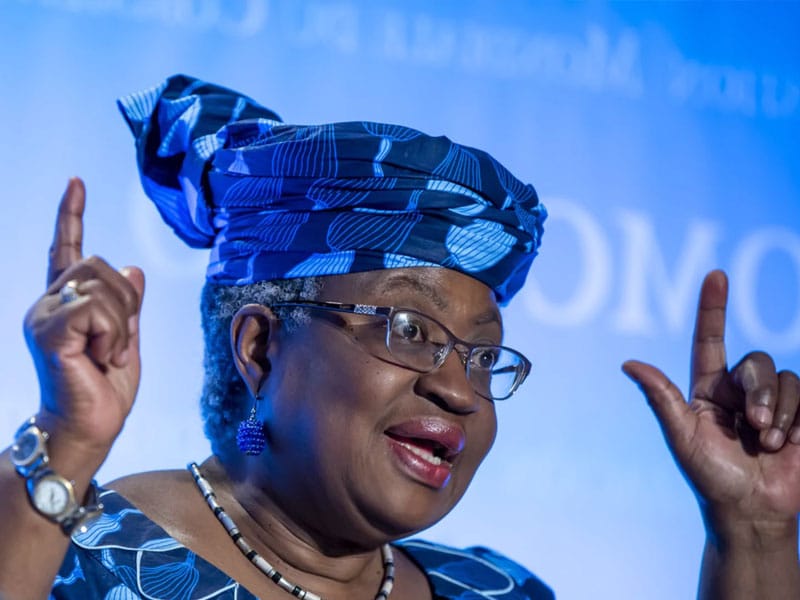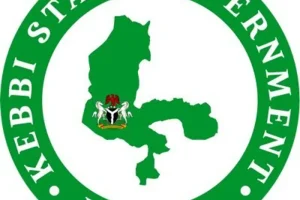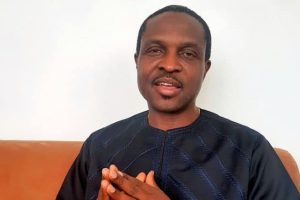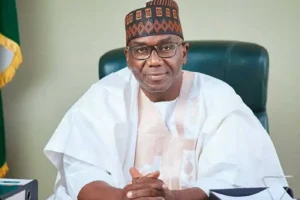
Ngozi Okonjo-Iweala Reappointed as WTO Director-General for Second Term
The World Trade Organization (WTO) has reappointed Ngozi Okonjo-Iweala for a second term as its Director-General, solidifying her position as a leading force in global trade. The decision, which comes as her first term draws to a close, was announced via a post on the WTO’s official X handle (formerly Twitter) on Friday. Okonjo-Iweala’s second term will commence on September 1, 2025.
The announcement confirmed that the WTO General Council had unanimously agreed to extend her leadership, acknowledging her effective stewardship of the organization since her appointment in March 2021. The statement on X read, “The General Council has appointed Director-General @NOIweala for a second term, effective 1 September 2025. More details to follow.”
A Pioneering Leader
Okonjo-Iweala made history in 2021 when she became the first African and the first woman to head the WTO, a landmark achievement that reflected the global recognition of her expertise and leadership capabilities. Over the course of her first term, she has worked to navigate the complexities of global trade relations, championing reforms aimed at strengthening the WTO and making it more responsive to the needs of the modern global economy. Her leadership has been critical in guiding the organization through turbulent times, including the COVID-19 pandemic, trade disruptions, and ongoing geopolitical tensions.
Her reappointment is seen as a vote of confidence in her leadership, with many stakeholders from both developed and developing nations praising her efforts in steering the organization through these challenges. Under her leadership, the WTO has worked on a range of critical global issues, including tackling vaccine inequity, promoting trade in sustainable products, and addressing the economic fallout from the pandemic.
Okonjo-Iweala’s Vision for the Future
Okonjo-Iweala expressed her eagerness to continue her work at the helm of the WTO during her first term, confirming her willingness to serve a second four-year term in a statement released by the organization. She made her intentions clear on September 16, emphasizing her commitment to building on the progress made during her first term. “I am honored and excited by the opportunity to continue leading the WTO in its important work of fostering a more inclusive and resilient global trading system,” Okonjo-Iweala said at the time.
Her second term will likely focus on advancing the WTO’s reform agenda, strengthening multilateral trade agreements, and promoting a more equitable global trade system that benefits all countries, particularly those in the Global South. Okonjo-Iweala has often emphasized the need for greater inclusivity in global trade, advocating for fairer trade policies that can address issues such as poverty, inequality, and climate change.
The Path Ahead for the WTO
As her first term nears its conclusion, Okonjo-Iweala’s leadership has already made an indelible mark on the organization. Among her key accomplishments are efforts to modernize the WTO’s dispute settlement system, promote more sustainable trade practices, and ensure that developing countries have a stronger voice in global trade negotiations. Her approach has sought to strike a balance between the interests of powerful economies and those of smaller, developing nations that often feel sidelined in international trade discussions.
Her reappointment signals the continued confidence in her vision for the future of the WTO. It also comes at a crucial time, as global trade faces significant challenges such as the economic effects of the pandemic, climate change, and rising protectionism. Okonjo-Iweala’s leadership is expected to be instrumental in guiding the WTO through these challenges, ensuring that it remains relevant in the rapidly evolving global economy.
The Importance of Global Trade Leadership
The WTO’s decision to reappoint Okonjo-Iweala for a second term highlights the importance of strong leadership in an increasingly interconnected world. Trade is an essential driver of economic growth, and the WTO plays a pivotal role in regulating global trade rules, resolving disputes, and fostering cooperation between countries. Okonjo-Iweala’s leadership has been crucial in ensuring that the WTO remains a vital institution, capable of addressing the pressing challenges of the 21st century.
Her reappointment also underscores the growing recognition of the need for diversity and inclusion in global institutions. As the first African woman to head the WTO, Okonjo-Iweala’s leadership has broken significant barriers, and her continued tenure is expected to inspire future generations of women and leaders from the Global South to take on prominent roles in international governance.
Looking to the Future
As Okonjo-Iweala begins preparations for her second term, her focus will undoubtedly be on strengthening the WTO’s ability to respond to the rapidly changing dynamics of global trade. Issues such as climate change, digital trade, and the equitable distribution of vaccines and medical supplies will likely be central to her agenda.
With a track record of effective leadership, a deep understanding of global trade dynamics, and a strong commitment to reform, Ngozi Okonjo-Iweala is poised to continue shaping the future of international trade during her second term as Director-General of the WTO. Her leadership remains a beacon of hope for a more inclusive and sustainable global trading system, one that can address the needs and aspirations of all nations, particularly those that have traditionally been marginalized.





